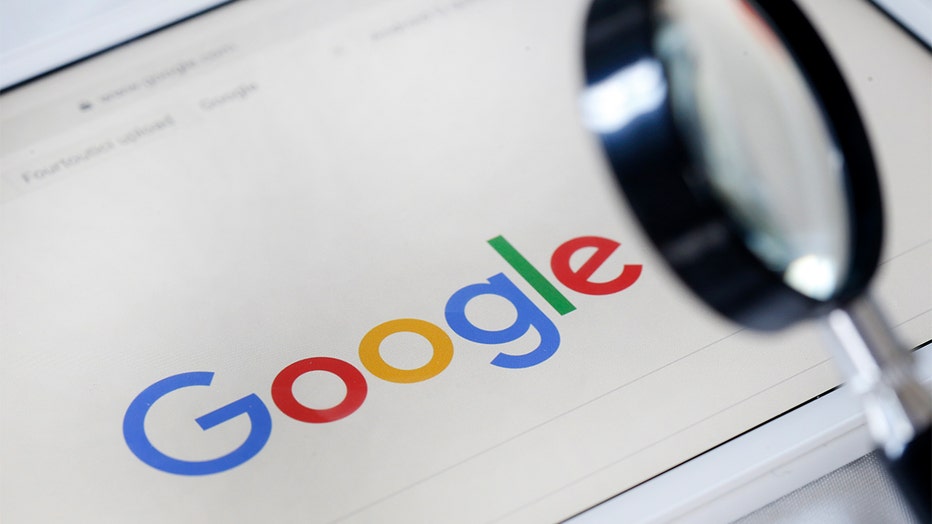2 in 5 Americans have misdiagnosed themselves after searching symptoms online, survey finds

2 in 5 Americans have misdiagnosed themselves after searching symptoms online, survey finds
A new survey has found that turning to Google for health issues may be doing some patients more harm than good, with two in five respondents found to have falsely convinced themselves they had a serious disease after browsing the web.
LOS ANGELES - A new survey has found that turning to Google for health issues may be doing some patients more harm than good, with two in five respondents found to have falsely convinced themselves they had a serious disease after browsing the web.
The survey, commissioned by LetsGetChecked, polled 2,000 Americans and found 65 percent had turned to Google to search their symptoms and attempt to diagnose themselves.
Of those responders, 74 percent said searching for their symptoms actually stressed them out more about their health, according to South West News Service (SWNS), a British news agency. Additionally, respondents said the answers they found on the web were reliable less than 40 percent of the time.
“While educating yourself can be a good thing, it is important to have objective testing,” said Dr. Robert Mordkin, medical director of LetsGetChecked, in a statement to SWNS. “One way to do this is with home health testing, which enables better convenience, flexibility and peace of mind.”
Six in 10 respondents admitted to actively avoiding the doctor’s office, while over a quarter said they don’t have a primary care physician. Reasons for skipping out on the doctor included cost, fear of symptoms being dismissed, and not having time for an appointment. Respondents said better explanations of test results, less expensive care and more flexible office hours would help encourage trips to the doctor.

FILE - the Google logo is displayed on the screen of a computer next to a magnifying glass.
"The fact that over half of U.S. adults turn to Google to learn more about their symptoms is unsettling,” Mordkin said, according to SWNS. “The fact that it can take weeks or months to see a doctor highlights the need for better solutions to testing, managing and knowing your health.”
LetsGetChecked, which offers at-home testing for patients, is now offering testing for two thyroid conditions ahead of Thyroid Awareness Month.
“At home health testing empowers people to test their health on their schedule and continuously receive clinical support, providing a more sound solution than relying on 'Dr. Google' for all of the answers,” Mordkin said, according to SWNS.
Get updates on this story at FOXNews.com.

